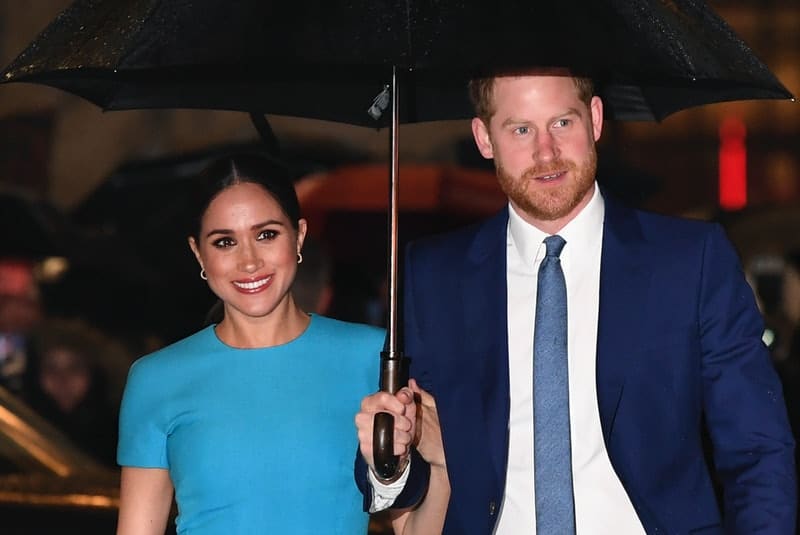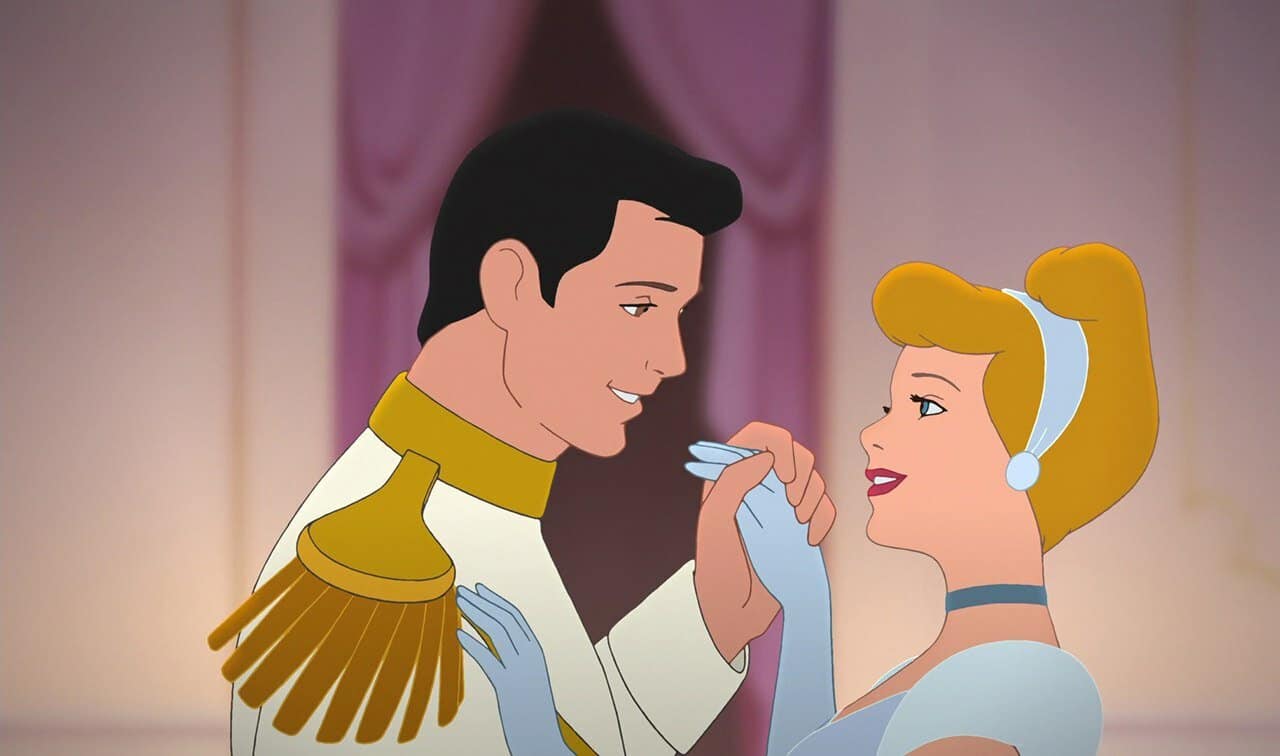- It’s perfectly normal if you and your partner come from different backgrounds
- However, when your social standing has a bearing on your moral values, attitudes and lifestyle choices, how different is too different?
- Here’s how to work out if your relationship can work despite a difference in class

Cross-class relationships are everywhere. From fictional characters Connell and Marianne in the BBC’s adaptation of Normal People, to the real-life fairytale between (‘commoner’) Meghan and (Prince) Harry, relationships between people from different social standings are becoming more and more visible.
While we’ve certainly moved on from the Victorian era, where stigma surrounding cross-class relationships was huge, we’re hardly out of the woods just yet. 45 per cent of upper-class participants in this 2017 survey said they would not even consider pursuing a relationship with someone from a different social standing, so we’re not exactly living in a post-class utopia where ‘love conquers all.’

Why is class an issue?
It’s easy to assume that just because we’re no longer living in a feudal system, class simply isn’t an issue when it comes to modern relationships. But your socioeconomic background can actually have a huge bearing on your love life.
Speaking to British Vogue, dating expert Sarah Louise Ryan explains that sometimes it’s not enough to just have “a lot in common” with your partner. “These couples might find friends and family have different expectations of them socially, academically, economically, and professionally, as individuals and as a couple,” she explains. “If couples don’t have open channels of communication, resentment may set in and there’s really not very many ways you can navigate your way back from that feeling.”

In her 2015 book The Power of the Past, sociologist Jessi Streib considers the fact that cross-class marriages can result in friction over important areas of life, including child-rearing, money management, career advancement and how to spend leisure time. Streib makes the point that often, couples overlook these differences until it’s too late.
Money matters
If both parties in a relationship come from completely different backgrounds, they might find themselves at loggerheads over lifestyle choices. It’s possible that you and your partner enjoy different types of culture, and that you have discordant preferences for what you like to do in your leisure time. Sure, you don’t have to spend absolutely all your free time with your partner, but it’s not a good sign if there are very few things that you and your partner do like to do together.
Furthermore, what one of you deems a justifiable amount of money to spend on something might seem a frivolous, wasteful expense to the other. This may sound unimportant, but if you’re constantly struggling to agree on how much you should spend on leisure activities or holidays, that’s not a good sign for the long-term. If you can’t agree on how much is an acceptable amount to fork out for a restaurant meal, how can you expect to agree on how much is a good price for a wedding or a house?

Politics
Wildly differing political beliefs can also impact a potential relationship. That’s not to say you can only date people who vote for the same party as you, but it’s a good idea to have shared moral values, or at least for you and your partner to want similar political outcomes, even if you disagree on what would be the best way to get there.
Layla, a qualified sex and relationships educator who runs @lalalaletmeexplain, believes relationships where both partners share political beliefs are more likely to be successful. Speaking to Vice, she says: “for people who understand that political beliefs affect human rights, it is unlikely a healthy relationship could be sustained with someone whose values don’t align with ours.”

She continues: “a lot of recent political movements are based on moral values. These are things that you cannot ‘agree to disagree’ on, because they have a direct impact on the welfare of other human beings.”
Can a relationship across the class divide work?
That’s not to say a relationship across the class divide can never work. If you’re aware of the potential difficulties you might face, you’re better placed to approach the relationship from a pragmatic, realistic and healthy perspective.
Speaking to British Vogue, Ryan shares her belief that a class difference in a relationship isn’t something that’s impossible to overcome. “Dating someone from a completely different class to you isn’t insurmountable if you are able to find common ground and goals,” she says. “If after the first stages of finding each other attractive there is a deep connection, I truly believe there isn’t anything a couple cannot overcome with communication which is loving, respectful, and fluid at all times.”

Psychotherapist Tamsin Embleton agrees. Speaking to Metro.co.uk, she says: “Class is not an accurate way to predict relationship compatibility (and it’s not so easy to define as it once was). Think about your core values – what is really important to you, and try and find a partner that shares similar values.”
She continues: “Take people at face-value. Try not to judge them on your own assumptions, stay in the present – where they’re at and where they’re going is what’s important. Going outside of your comfort zone can be a rewarding and illuminating experience in many areas, including relationships. Try something new. Opposites can most definitely attract.”
Ultimately, this comes down to choice – and dedication. There’s no hard and fast rule about whether a relationship across the class divide will or won’t work. It’s down to you and your partner to assess whether your differences are surmountable or not, and to question what (if anything) needs to change for your relationship to flourish. As always – open and honest communication is the only way to move forward.

